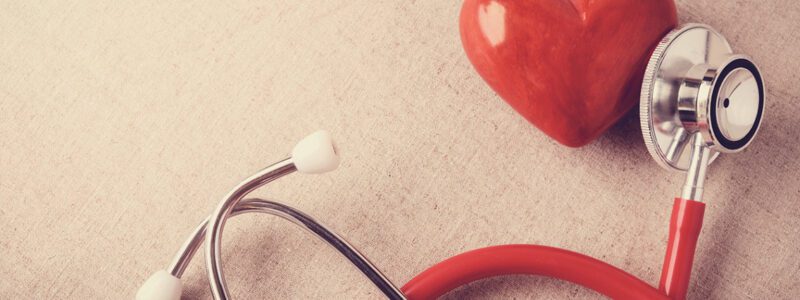
Ukrainian private clinics find opportunities to continue working and provide medical services to the citizens of the country during the blackout, according to the results of a survey conducted by the Interfax-Ukraine agency.
In turn, the Adonis medical group of companies reported that, in particular, their clinic in Sofiyivska Borschahivka in Kyiv operates during a power outage in the normal mode and receives patients according to the appointment schedule, and the maternity hospital accepts women around the clock. At the same time, planned and emergency hospitalization and emergency care continue.
Adonis noted that the clinic has an autonomous power supply system, so there is light in each subsection 24/7, which allows the inpatient treatment of patients to continue even during power outages.
“At first, due to blackout, we urgently resolved a number of organizational issues, such as the delivery of technical and drinking water and the search for fuel for generators. But now the branch has large reserves and is ready for any challenges of the present. The clinic is equipped with everything necessary. Therefore, our patients are in comfortable conditions, have unlimited access to drinking water, and have the opportunity to charge gadgets,” the clinic said.
At the same time, the Adonis branch in Podil also operates 24/7, is provided with water, and in case of power outage, a generator runs. All types of services are provided there, such as consultations, diagnostics, laboratory tests, surgical interventions, a hospital and an ambulance work.
Adonis on Osokorky also operates as usual during power outage and accepts patients according to the schedule. At the same time, the cryobank and embryo laboratory located in the clinic are additionally provided with stable backup power sources, however, at present, ultrasound diagnostics do not work during power outages.
Adonis noted that clinics are provided with generators and the needs of clinics are covered by 100%. In addition, there are separate power supplies for both the outpatient and operating rooms and the embryology laboratory. Surgical and inpatient medical care is provided in branches operating 24/7.
At the same time, Adonis noted that when dealing with energy supply issues, they “found themselves in a strange situation where the local residential community blocked the installation of additional power generators.”
“We have found a compromise solution and are now at the stage of setting up a generator that will meet the needs of our patients, including surgical ones, by 100%. The clinic is equipped with everything necessary. Our patients are in comfortable conditions, have unlimited access to drinking water, and can charge gadgets. Heat is supplied centrally,” the company said.
The Leleka medical center reported that their center continues to operate from a generator to which all critical nodes are connected, so there is water, heat and light.
“We are provided with everything: both heat and water due to engineering system solutions, which was thought out during construction in 2015. We provide all medical services as usual. There are generators that allow us to continue working, conduct consultations, take tests, diagnose, and operate, provide resuscitation. Medical equipment is working, food is being prepared,” the clinic said.
The main problem with blackouts is the high cost of fuel for the generators.
“It’s more expensive than electricity,” the medical center explained.
“There are interruptions in mobile communications and the Internet during blackouts, which we cannot influence. But this does not affect the safety of patients, but simply adds certain service inconveniences,” the clinic said.